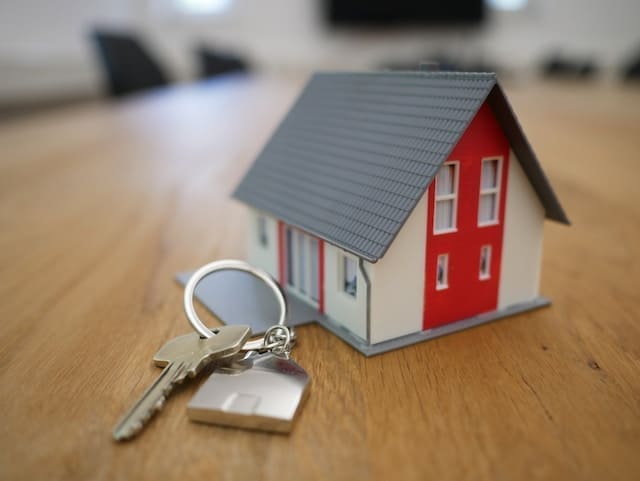You might be wondering what a mortgage is. Put simply, a mortgage is a loan that allows you to by your home or other properties you may want to invest in. Whilst you do need to meet certain criteria to be able to get a mortgage, the benefit to a mortgage is that it allows you to get on the property ladder, without paying the full cost of the house upfront. In this article, we’ll go over how mortgages work, what types of mortgages are available, and anything else you may want to consider when wanting to know what a mortgage is.
How mortgages work
When buying a home, you’ll put down a deposit (normally this is around 10% of the property value) and borrow the remaining money from a lender. Most residential mortgages are commonly repayment mortgages. This means that each month, you’ll then repay a portion of this loan back to the lender, as well as interest on top. However, there are other types of mortgages out there, so be sure to shop around and see what best suits your needs. You’ll need to pay back your mortgage over a set period of years which you determine with your lender before your mortgage is agreed. This is called a mortgage term.
Type of mortgages
- Fixed rate mortgages – this is when your monthly repayments will stay the same each month until the product term is over. Then you will be put onto a standard variable rate.
- Standard variable rate (SVR) – this is usually the rate you go on once your fixed rate has ended. It’s normally higher than a fixed rate mortgage and can fluctuate. Each lender sets their own rate.
- Tracker mortgages – this is when the monthly mortgage payments fluctuate in line with the Bank of England base rate.
- Interest only mortgages – this is when you pay the interest on the mortgage each month and then pay the full amount of what you borrowed at the end of the mortgage term.
It might be worth seeking mortgage advice before taking the plunge and getting a mortgage, to make sure you get a mortgage that’s right for you.
The mortgage process: things to consider
- Affordability – before taking out a mortgage, it’s important to know what kind of property you can afford based on income, expenditures, and the size of the deposit you have saved! Knowing these things will help you figure out how much you can borrow and allow to you to shop for houses within your budget.
- Decision in Principle (DIP) – before putting an offer in on the house you want, you’ll need a DIP from your lender. This will help prove to the estate agent that you can afford the home you want, as it’s proof of your borrowing power.
- Improve your credit score – when applying for a mortgage, you will need to go through a credit check. If you know your finances aren’t great, then it’s worth trying to improve your credit score before getting a mortgage.
Speak to an adviser
Now that you’ve read through the article, hopefully you have a better idea of what a mortgage is. If you do have any questions or want to know what options are most suitable for you, our mortgage advisers are on hand to guide you through the mortgage process.
Your home may be repossessed if you do not keep up repayments on your mortgage.
Looking for mortgage advice near you?
Primis mortgage network has over 2,600 advisers to help you get a mortgage.



